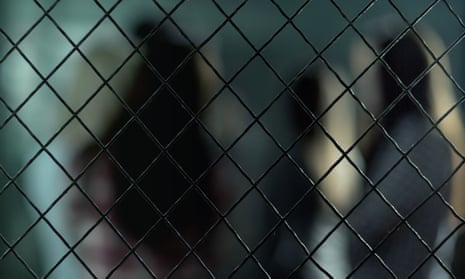The Trump administration has scrapped Barack Obama’s program of ending the justice department’s use of private prisons, embracing an industry that has come under sharp criticism from civil rights advocates.
Jeff Sessions, Trump’s attorney general, on Thursday rescinded a six-month-old directive for the Federal Bureau of Prisons to wind down contracts with prison companies, claiming that the measure had “impaired the bureau’s ability to meet the future needs of the federal correctional system.
“Therefore, I direct the bureau to return to its previous approach,” Sessions said in his memo to Thomas Kane, the bureau’s acting director.
The move prompted spikes in the share prices of the major for-profit prison corporations, companies which contributed hundreds of thousands of dollars to Trump’s presidential election campaign and inauguration funds.
In August last year a scathing audit carried out by the justice department’s independent watchdog found that private prisons controlled by the department’s bureau of prisons were far less safe and more punitive than comparable facilities managed directly by the government.
The review prompted the justice department to commit to ending the use of these 12 facilities, known as “criminal alien requirement prisons”, which are mostly used to incarcerate individuals convicted of violating federal immigration law. Last year the prisons housed about 22,000 people at an annual cost of $600m.

Sally Yates, then the deputy attorney general, said in a memo that research had found private prisons “simply do not provide the same level of correctional services, programs, and resources” and “do not save substantially on costs” either. Essential government education and training programs for prisoners “have proved difficult to replicate and outsource” in the private sector, she said.
The move prompted the Department of Homeland Security (DHS), which controls a much larger network of privatised detention facilities, to conduct a similar review in August. But a report authored by the DHS’s advisory council concluded in December that due to the agency’s heavy dependence on for-profit facilities, it should not follow the lead of the justice department.
There were 13 criminal alien requirement prisons operated by the prisons bureau at the time of Yates’s memo. One of these facilities in Cibola County, New Mexico, was subsequently closed and reopened as an immigration detention facility at the end of last year.
